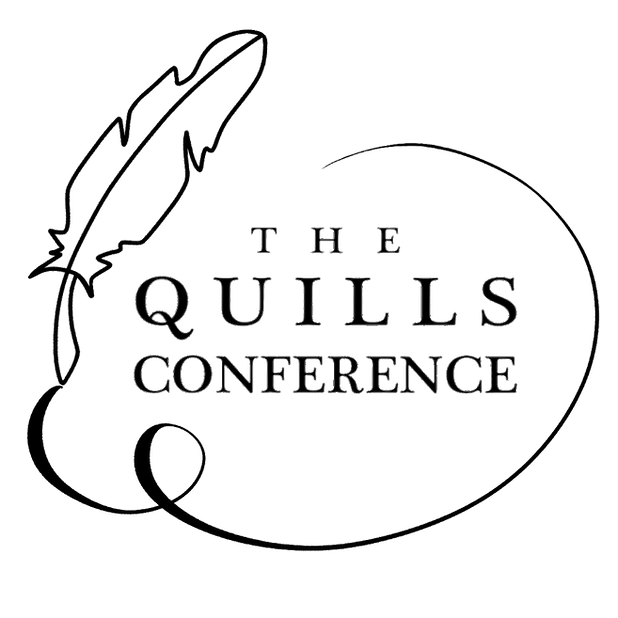Another good session at the Quills Conference was “Short Story Prep & Submission” by President-Elect John M. Olsen.

Polishing Your Text – when it comes to writing tools to polish your text, you can find pretty much anything you need:
- Microsoft Word
- Scrivener
- Hemmingway
- Grammarly
- ProWritingAid
Each tool works slightly differently. Some are free, while others charge a fee. Try some of them out and see which you like best. Just remember that grammar and spelling programs may steer you in the wrong direction at times. You need a firm grounding in each area so you can override a mistaken “correction” (like sound-alike words and there/their/they’re).
Polishing With People – there are also lots of different ways to connect with other writers and readers to help you polish your writing.
- Local writing groups that critique
- Online critique groups like Critters or Scribophile
- Workshops (ranging from free to very expensive!)
- Family & Friends if they are qualified to critique
- Editors (sometimes … )
Things You Didn’t Know You Needed:
- An author bio with a professional head shot
- List of previous publications (if you have them yet)
- Professional or hobby expertise that pertains to your writing
Professionalism/Submitting: As an author, you will deal with many other authors, agents, editors, and publishers for whom this is their full-time career. Respect their time, keep your commitments, be easy to work with. And expect the same professionalism from others. As an author projecting a professional image, you will have a lot of things to keep track of. It’s your job as a self-employed business owner to document everything. Know what you have written and where you sent it. Know what the response was or when you should hear back. Once you’ve sold something, know when you’ll get your rights back. All of this data can be kept in a spreadsheet, in a text document, or even on a cork board – although Olsen recommends keeping it on a computer and making frequent backups. Submission Grinder can track much of this for you (but not all of it).
“One important thing to remember with writing and publishing is that you are not selling your stories. You are selling the right to publish your stories for a period of time specified by a contract. With short stories, rights usually revert anywhere from the publication date to a year after that. In some cases, it goes longer. Once you get your rights back you can sell the rights to publish the same story again, but as a reprint. Publishers want to know if the story is new or if it’s already been published, and some won’t take reprints.”
